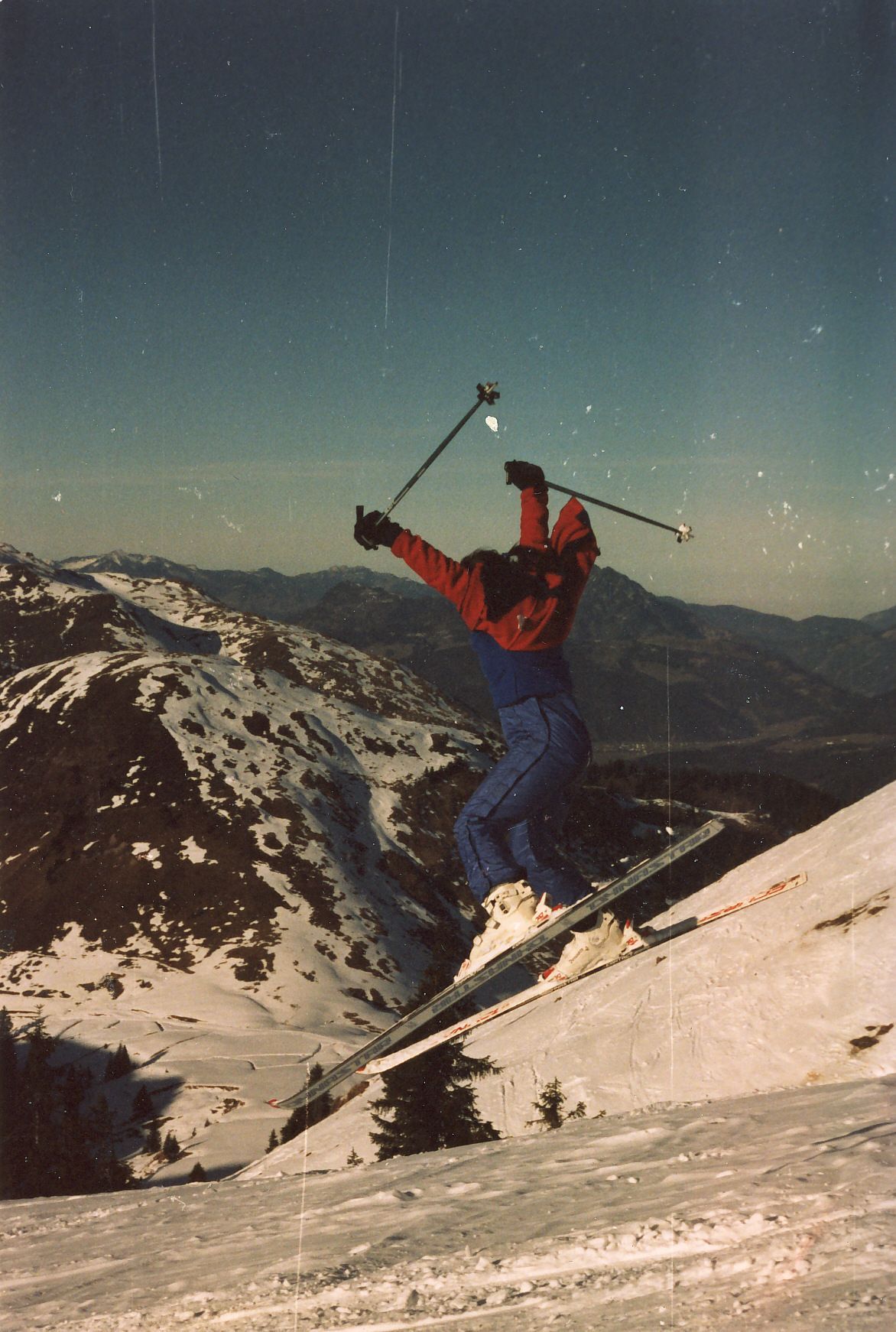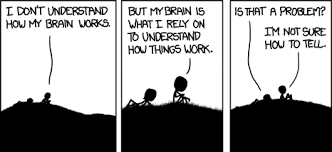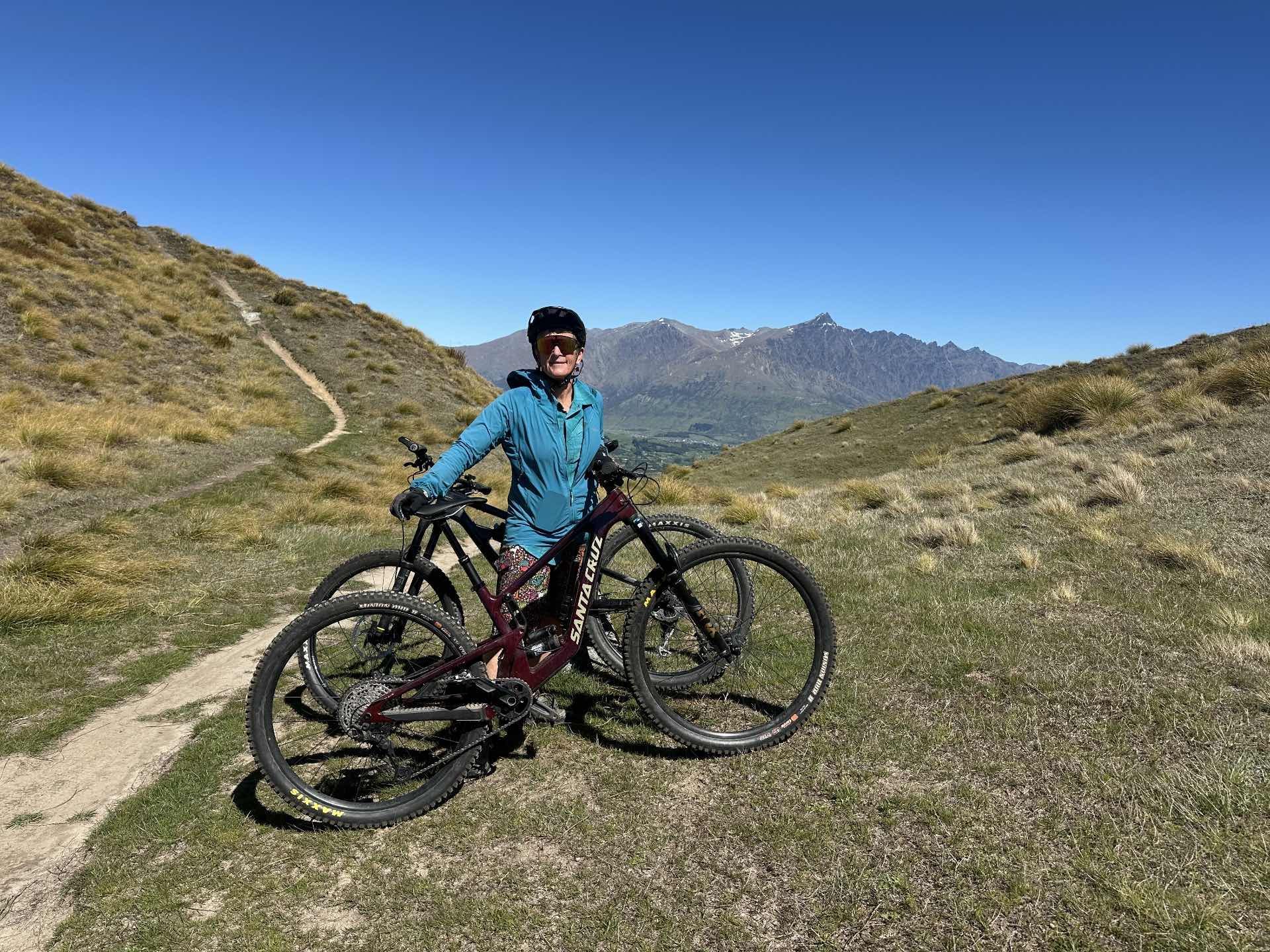Brick to the Head Part 2

I've been drinking at a pub in central London with my friend Mike, I should be on the train going back to where I'm staying, but I've left it too late...
Wendy and Ernie had warned me trains to Norbury stopped at midnight. However, as the minutes to pumpkin-hour ticked down, I couldn't tear myself away from an elderly man recounting highlights of his acting career in the smoky Piccadilly Circus pub. He was transfixing half the bar with his depictions of roles and rifts on London stages. By the time he wound down, the train had well left the station; my only option was a tube to Brixton Station and then a bus. No way would I catch a taxi; in my penny-pinching early twenties, taxis were not a luxury I allowed myself.
Brixton was famously a tube station in which you didn't linger. The Brixton riots of 1981, between Afro-Caribbean youth and the police, were still a recent memory. Brixton crime rates were notoriously high in a suburb overwhelmed by unemployed immigrants and suffering the lows of economic recession in Thatcher's austerity years. I had a plan as I exited the tube. I walked briskly out the door of the station onto a bus. I almost got it right, except the lit sign in the bus window must have said 'Norwood' not 'Norbury'. As the bus meandered around dimly suburban lit streets, I tried to get my bearings while all the other passengers disembarked. I was no closer to knowing my exact location when the bus stopped and the driver said, "End of the line, love."
I should have had my A to Z map book – the essential tool for navigating London in the time before cell phones and Google Maps. However, A to Zs didn't fit in a jacket pocket and, as a teenager, I decided to never own a handbag. Why carry a bag screaming, All my valuables are inside? I could have asked the driver for directions but I was too embarassed to admit I'd caught a bus without checking its route.
Instead, I trusted my sense of direction and starting walking south up Knights Hill, away from the cluster of closed shops where the bus had parked. I passed a lit black taxicab on my side of the road and almost hailed it; wandering around a part of London you don't know is stupid.
It'll be fine. I often walked home at night to the squat in Camden. And it's another month before I'll be paid to organise school children skiing in Austria. I can walk. It can't be that far to Wendy and Ernie's.
I strode up the left-hand side of Knights Hill Road – the side with buildings and street lights. A hundred metres ahead, dark trees loomed from a park across the empty street. The night was still. The row of brick townhouses to my left were quiet and unlit.
Footsteps broke the silence and I glanced over my shoulder to see the silhouette of a man. He was walking on the inside of the pavement, beside the low brick fences. Alarm bells jangled my thoughts. Why was this man walking nearer the houses? People usually pass on the street side at night. I changed my pace slightly to see if he would match it and, in the thirty-second hole in my mental imagery, he hit the back of my head with a brick.
Next snapshot after seeing a silhouette twenty metres away, I'm lying on my back punching a stocking-headed man in the face. He's kneeling over me, trying to pin my arms down. His blurred head is outlined against black sky. I'm feel my full-force scream scratching my throat; it will be sore the next day. After a thirty-second eternity, the man stands up then runs away, down Knights Hill. I keep screaming – my unhinged brain says, he might come back! I turn and the townhouses come into focus. There are lights in some of the windows. I can see figures in the windows.
I need to get in! How do I get people from their windows to their doors? By embarassing them.
"Number seventy-five," I shrieked, "you can fucking well come out and help me." It only took a couple of rounds of screaming and swearing before the nearest door opened to reveal a large young guy flanked by two women my age (when I returned a week later to say thank you, I discovered they lived at one hundred and five, not seventy-five – another glitch in records). "We thought it was a domestic," they said, like that's a good reason to watch a woman get beaten up in the street. Then they asked me inside and called the police.
Ten minutes later, a policewoman, Barbara, knocked on the door. At the same time, unbeknownst to all of us, the Irishman was being taken into custody.
As I was attacked, a team of police were poised to raid on a house a block further up Knights Hill for drugs. One of the team heard me screaming. When he realised the screaming was coming from outside, rather than inside the house to be raided, he ran down Knights Hill. I was already inside number one hundred and five. Further down, a window-watcher saw the policeman run by. "Hey," he called, "a man just went into my garden shed."
The policeman found the Irishman cowering in the shed and the bloody brick in the garden. I assume Barbara had called in my attack and the whole scenario was pieced together at the station, leading to the search for the brick and the Irishman's arrest.
Barbara drove me to the Croydon Hospital Emergency Department where the waiting room was its own adventure. Two men who had been fighting each other at home continued their punching match while waiting to have their cuts and broken teeth attended to. A man in a wheelchair had an IV on a stand with a line in his arm. He was wrapped up in a flannel dressing gown with a grey hospital blanket on his lap. The man repeatedly recounted how he'd fallen down the stairs as every new person entered the waiting room. "I'd only had a dozen beers and a few whiskies," he slurred. "Don' know why it happened." Blood dripped from his heavily bandaged hand onto the floor.
After two hours of medical entertainment, I was ushered to an examination room by a nervous trainee dentist. He swabbed my head with antiseptic, shaved off some hair and inspected my wound. "I hope this won't hurt too much," the dentist said as he prepared to sew me up.
"It'll be fine," I replied. "I had stitches in my head six months ago when I didn't duck low enough to miss a ski lift chair in Canada. Those stitches didn't hurt at all."
At 4am, Barbara took me to the Croydon Police Station, where I signed my statement. Then she drove me back to Norwood as a glimmer of light touched the underside of the clouds. I spent the day socialising first with Mike, then Simon, another travelling friend. We went to a David Hockney exhibition of photo collages. Blurred images of bathers in blue pools wavered before my overtired and over-coffeed eyes.
By early evening, I could no longer delay confessing the previous night's events to Wendy and Ernie. All my belongings were at their house and I had no way of hiding a semi-shaved head and large bandage on the back of my skull. Wendy and Ernie were expectedly sympathetic and concerned and asked if I wanted to call my parents. I did not want to call my parents. Who wants to deal with upset parents? Particularly over a phone line that would echo and stutter and cost a two dollars a minute. However, I needed to tell Mum and Dad before Wendy did so, the next morning, I wrote the gist of the events on an aerogramme, folded it up, licked the minty flaps and pressed them down firmly, then dropped the blue rectangle into a postbox and forgot about it. The next thing on my agenda was work in the ski fields of Austria.
Two weeks later, I was taking off my pink and yellow padded ski jacket in an Ellmau hotel after a day of skiing fresh powder while Mum walked down the concrete drive to the mailbox in the white picket fence at 25 Winters Road, Christchurch. She rotated the flap and smiled; my aerogramme lay on top of a pile of bills. Something for Mum to read to Granny (Mum's mother), who Mum was looking after in my old bedroom papered and curtained with William and Morris floral greens. Mum and Granny's routine was for Mum to bring aerogrammes straight to Granny's bedside, then read them out loud.
In my defense, I had written DO NOT READ THIS BIT TO GRANNY in large capital letters at the top of the aerogramme. However, I'd omitted to write where Mum could start reading. Mum scanned the text to find where the part ended that might be disturbing to Granny, while trying to appear nonchalant. Mum was still furious when I phoned home from Austria for Christmas while I was uncomprehending – everything was okay, what was the problem?
***
As snow melted off Austrian ski fields in spring rain in March 1989, I returned to London to find a letter from the British court system informing me the Irishman would be tried in April and I was required as a witness. On the designated date, I caught the tube to Croydon Court. I sat on a wooden bench with a policeman and a policewoman, staring at the Irishman in his dirt-brown nylon jacket while his lawyer entered a plea of guilty to the charge of grievous bodily harm. I felt superior when the Irishman never looked my way. In retrospect, I'm sure the Irishman's lawyer instructed him to keep his eyes to the front.
"We'll take you out for lunch," the police said after we exited the court. "We hardly ever get a conviction like this one. The brick proved premeditation; he didn't stand a chance." It was a short walk to the Porter and Sorter for a ploughman's platter.
Over lunch, the police also told me about the Irishman's life. The Irishman's only source of income was the dole and his flat was full of beer cans and books on the occult; the books were a puzzle for the police. A decade ago the Irishman moved from Ireland to Liverpool, then London, in search of work. His first conviction was for stealing pork chops. Then he worked his way up the scale of offences over eleven subsequent convictions. His most recent was indecent assault of a young woman. The police thought I was lucky – likely he wanted to drag me into the park across the road.
On the evening of my brick to the head, the Irishman went for a drink at the The Horns Tavern, near the Norbury bus stop. According to the Irishman's statement, after some number of beers he went looking for a woman. His search included trying doors and windows; he found an open ground floor window in a Knights Hill townhouse. He climbed in and discovered a woman's bedroom. The Irishman waited for the woman to return. Luckily for her, she didn't. Finally, the allure of another beer was too strong and he climbed back out to return to the tavern. At closing time he thought he'd have another try. Surely that woman's home by now? He returned to her bedroom.
Some time later in the empty bedroom, the Irishman was frustrated. Stupid bitch, staying out so late. He rifled through drawers for money, found none but took a watch and some raffle tickets. When he slithered out the window into the garden, he stepped on a brick. Handy. He waited for the next woman to walk by – me.
At the end of our lunch, the policewoman asked, "Have you heard about the Criminal Compensation Board? We'll fill in our forms – here are yours. Post them to the address at the bottom. You can ask for money for your clothes, anything he stole, and mental distress." I inflated the value of my shirt and jacket and wrote a vivid account on the form of how, when I walked past a man at night, I'd feel compelled to turn around and check he was still walking away from me. Then I pushed the envelope into a red British mailbox and focused on having fun with my temporary British boyfriend and my imminent return New Zealand to do a PhD in coal geology.
The Criminal Compensation Board did its own thing in its own time – three years later (mid-1992) I received a cheque in mail, forwarded by my friend Nicky. I'd put her London address on the police form and, luckily, Nicky hadn't moved flat.
As a penurious PhD student at the University of Canterbury, I was ready for a windfall. When I opened the envelope, I found a cheque for eleven hundred and thirty-two pounds. Two thousand New Zealand dollars, enough for an airfare to Nepal. I walked the Annapurna Circuit courtesy of the Irishman and had a break from my PhD thesis while waiting for my supervisor to review it. When I told my brother about the cheque, he said, "Almost worth getting hit over the head for."






